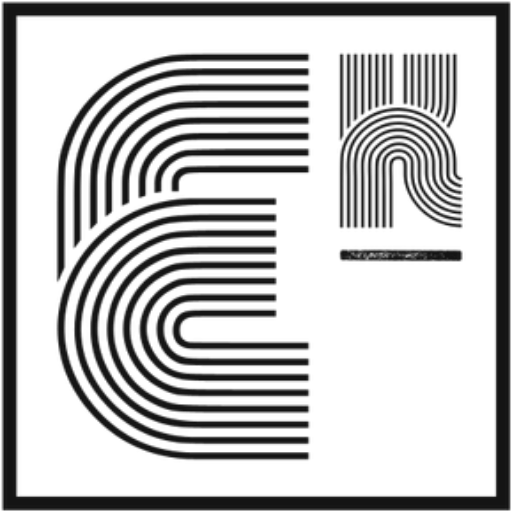Ayurveda Lifestyle +
Nutrition
I am a fully qualified Ayurvedic practitioner with a diploma in Ayurveda Lifestyle and Nutrition from the Ayurveda Institute UK, an international school based in London which specialises in authentic, vocational and theoretical teachings of the Indian classical texts.
What happens at a consultation?
I offer an in-depth 60-minute consultation following which I will put together a specially tailored treatment plan to rebalance your unique doshas (bio-energies).
This will include the appropriate Ayurvedic herbal supplements; recommending dietary guidelines, lifestyle changes and DIY home remedies.
When you visit an Ayurvedic practitioner be prepared to talk about yourself. A lot. Because Ayurveda emphasises balance in all areas of life, a trained practitioner will not only examine your body but will take an extensive personal and medical history, including questions about daily diet, profession and working conditions,
exercise routines,
relationship and mental health. This helps to identify key symptoms and potential causes of imbalance and determine suitable treatment.
Ayurvedic examinations generally consist of three parts:
- Observation (Darshan): I will first evaluate your general physical health by looking at you and observing your movements, body frame, skin and eye colour, shape of your nose and qualities of your lips, hair and nails.
- Touch (Sparshana): I will then employ touch, including pressing down on parts of the body, listening for sounds made by the internal organs and tapping. Symptoms such as temperature and fluid retention can be recognised by touch.
- Interrogation (Prashna): I will ask about complaints and symptoms, as well as the duration of
discomfort and disorder progression. I will also inquire about any mental and psychological conditions.
Diet + Nutrition
Ayurvedic diet and nutrition practices are vital to good health and an important factor of treatment, recovery and disorder management. Dietary recommendations are tailored to your dosha with the six primary 'tastes':
- Sweet: promotes growth of all bodily tissues
- Sour: stimulates digestive fire, awakens the mind
- Salty: promotes digestion, sedative, laxative
- Pungent: purifies food, improves absorption
- Bitter: restores sense of taste
- Astringent: heals joints, sores and wounds
Herbs + herbal formulas
Herbal remedies are the keystone of Ayurveda, which teaches that the action and effectiveness of each herb is determined by its rasa (taste), virya (potency), and vipaka (post-digestive effect). Herbs also possess subtler and more specific qualities that transcend thought. This 'special potency' is Prabhava.

